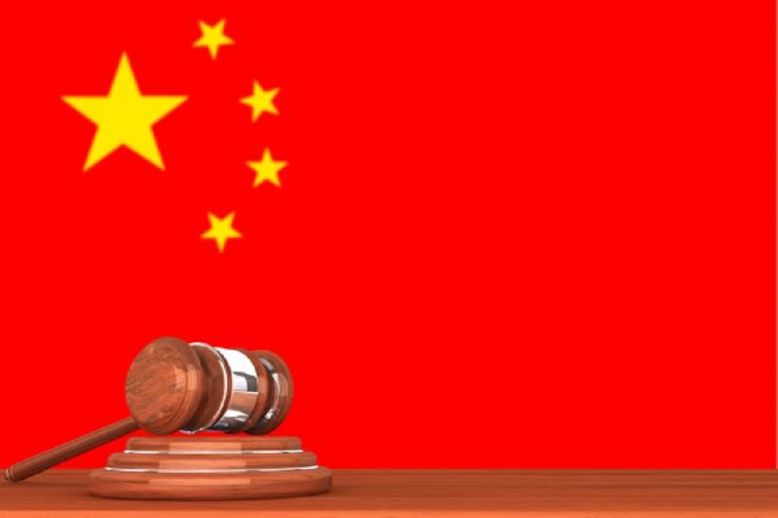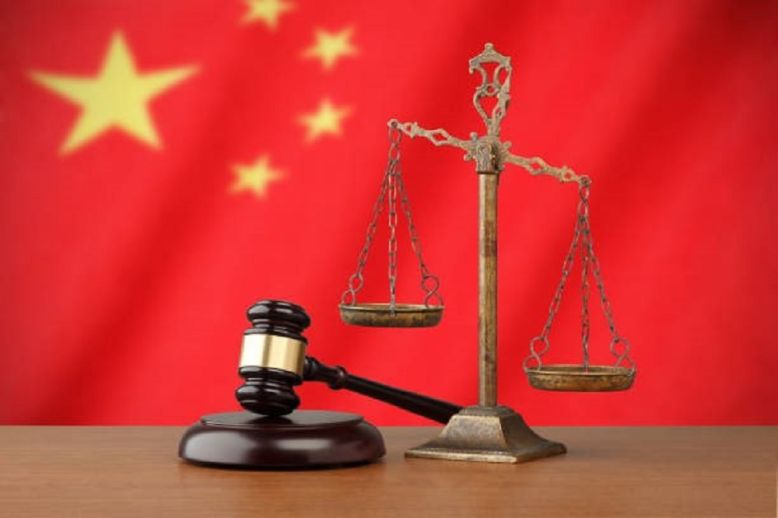
Can foreign law firms provide advisory and representation services on domestic law in China? How can China law firm provide legal services in China and what market access do they have there? The regulations and limitations involved are explained by our expert in International Trade and Arbitration, Eric Jiang.
The term legal services is generally used to refer to advisory and representation services for the law of the host country, the law of one's home country, the law of another's country, international law, legal documentation and certification, as well as other advisory and informational services.
We always discuss market access to legal services in a particular country in terms of whether foreign law firms are allowed to provide advice and representation on its domestic laws. As it is not part of the basic commitments, but subject to specific commitments made by each WTO Member under the General Agreement on Trade in Services ("GATS"), foreign law firms may be severely restricted or even denied market access to legal services in a host country.
Foreign law firms in China are subject to hard regulations
The Chinese legal services market was allowed certain access when it joined the WTO in 2001. China, however, has not committed to allowing foreign law firms to provide advisory or representation services on the core issue of domestic law practice. Foreign law firms are only allowed to provide information about the legal environment in China in this regard.
Consequently, amended or newly introduced regulations, following China's accession to the WTO, ensure foreign law firms do not provide advisory or representation services regarding Chinese law. This includes the State Council's (i.e., the Chinese Cabinet's) Regulations on the Administration of Foreign Law Firms in China ("Basic Regulations"), and the Ministry of Justice's Implementation Rules.
A series of serious restrictions have been imposed on foreign law firms operating in China through those regulations. Here's how:
Chinese legal services and Chinese legal consulting are prohibited by the regulations, while foreign investment in foreign and international legal services is permitted only through "Representative Offices." In addition, the regulations limit the number of representative offices foreign law firms can open in China. Initially, only one would be possible. However, certain conditions are now in place that may lead to a second, or even a third, option.
Foreign law firms are prohibited from providing advisory or representation services regarding Chinese law, and lawyers from foreign law firms are actually prohibited from interpreting Chinese law in arbitration cases. Foreign law firms are allowed to provide information regarding the Chinese legal environment under the regulations, but foreign law firms must indicate that the work they provide to clients is not a legal opinion, but simply an "information on the impact of the Chinese legal environment."
Foreign law firms are prohibited from hiring Chinese lawyers licensed by foreign law firms, and any Chinese lawyer hired by a foreign law firm must be suspended from practicing. These qualified Chinese lawyers are usually referred to as "Chinese Legal Consultants" since they lose their licenses while working at foreign law firms; they cannot also interpret Chinese law, advise clients, or represent clients on Chinese law during their time at foreign law firms.
Last but not least, the regulations prohibit foreign citizens from taking the national bar exam and thus becoming qualified as Chinese lawyers. Although the Lawyers Act does not require citizenship for qualifying as a Chinese lawyer, the Ministry of Justice has imposed such requirements through its regulations on the national bar exams. Persons from Hong Kong, Taiwan, and Macao who are not foreign citizens can take the national bar exams and qualify as Chinese lawyers.
Shanghai Free Trade Zone introduces new regulations
A tight network of restrictions has made it difficult for foreign law firms to develop profitable businesses in China, as described above. There have been several design-around strategies, and the most common is to have the retainer agreement signed with the foreign representative office's home office. As a result, China has lost considerable tax revenue. Furthermore, Chinese law firms have begun to expand internationally. Several large Chinese law firms, such as King & Wood and Dacheng, may advocate joint ventures between Chinese and foreign firms if they are not pleased with their Swiss Verein with Mallesons and Dentons, respectively.
An overall action plan proposed by the Shanghai Municipal Government for implementing the Shanghai Free Trade Zone ("SFTZ") and experimenting with special policies was approved by the State Council on September 18, 2013. According to the action plan, the market for legal services will be "opened up."
An action plan proposed by the Shanghai Bureau of Justice to pioneer new models of cooperation between Chinese and foreign law firms was approved by the Ministry of Justice on January 27, 2014.
Shanghai Bureau of Justice prepared two implementation rules on November 4, 2014, and the Shanghai Municipal Government approved them on November 18, 2014. Joint ventures between Chinese and foreign law firms are not allowed under the new regulations. It does, however, allow Chinese and foreign law firms to cooperate in two different ways: (a) by seconding lawyers to each other's law firms; and (b) by establishing joint operations. Cooperating parties must have a branch office or representative in the SFTZ as a prerequisite to such cooperation. Once a joint operation or cross-secondment is set up in the SFTZ, however, the lawyers involved are not limited to serving only clients from the SFTZ, but could serve any client from anywhere.
Access to the market is true, but indirect
International and Chinese law firms acted immediately after the regulations were published. Baker & McKenzie and a small Chinese law firm formed the first joint operation in the SFTZ on April 15, 2015. In March 2016, Holman Fenwick Willan and another Chinese law firm set up a second joint operation. As of now, Baker & McKenzie's joint operation in the SFTZ has been involved in at least 65 projects, aiming to provide "one-stop" full services to clients from within or outside China. Get more info about Chinese lawyer.

There is no information on whether cross-secondment has been tried by any international or Chinese law firms. Clearly, the new regulations do not intend to permit any equity joint venture between a foreign law firm and a Chinese law firm, based on the provisions of the new regulations. It is not possible for a joint operation to exist separately from its investors without a contract. However, the joint operation may have a separate office in the SFTZ, with its own legal team, support staff, and marketing and legal services.
As a result, a joint operation could be described as a "contractual joint venture," which was not uncommon during the early years of China's opening to foreign investment in manufacturing and other industries.
The conclusion
In short, even with accession to the WTO, China has maintained hard regulations on foreign law firms in order to prevent them from practicing Chinese law. A few new regulations have been introduced by China in the Shanghai Free Trade Zone since 2014 that allow foreign law firms to practice Chinese law indirectly, though with some market access. There have been some international law firms that have taken advantage of this opportunity and have formed joint operations with their Chinese partners. It remains to be seen whether further joint operations will be pursued and what affect they will have on the Chinese legal services market.